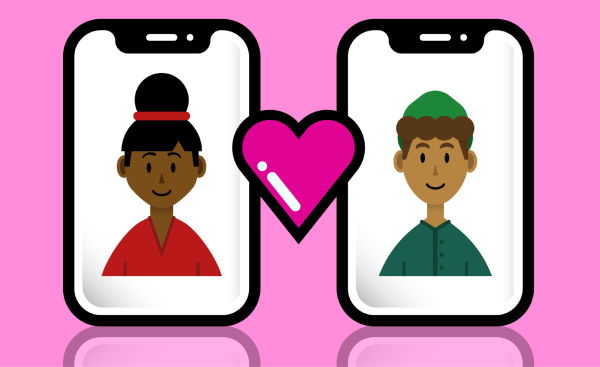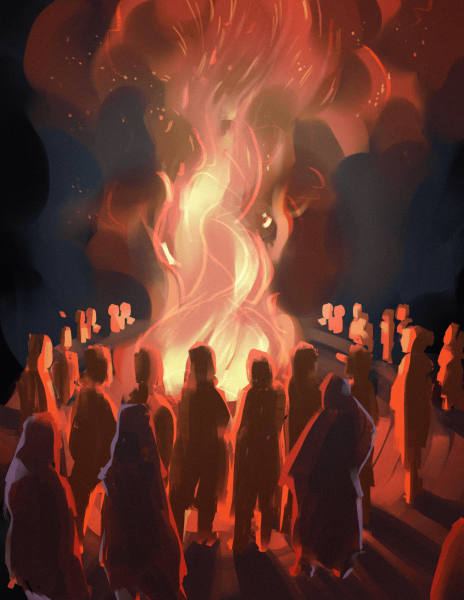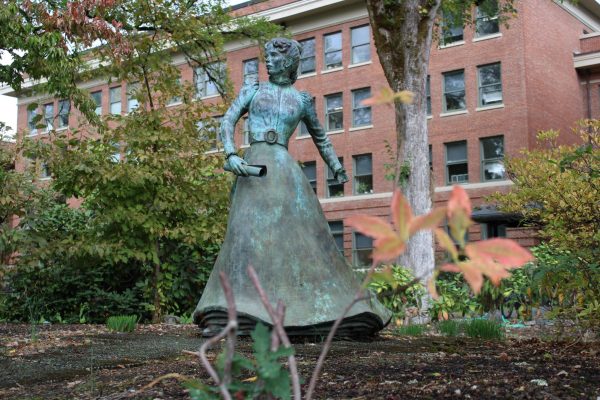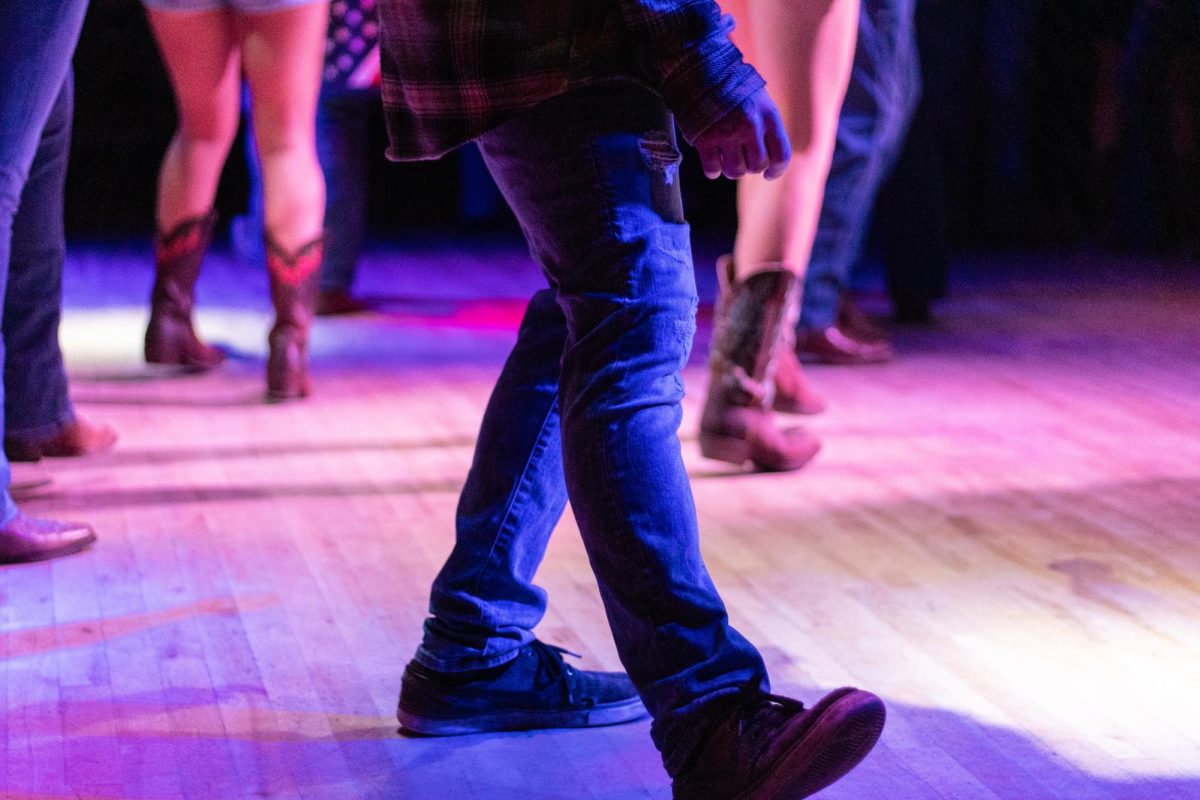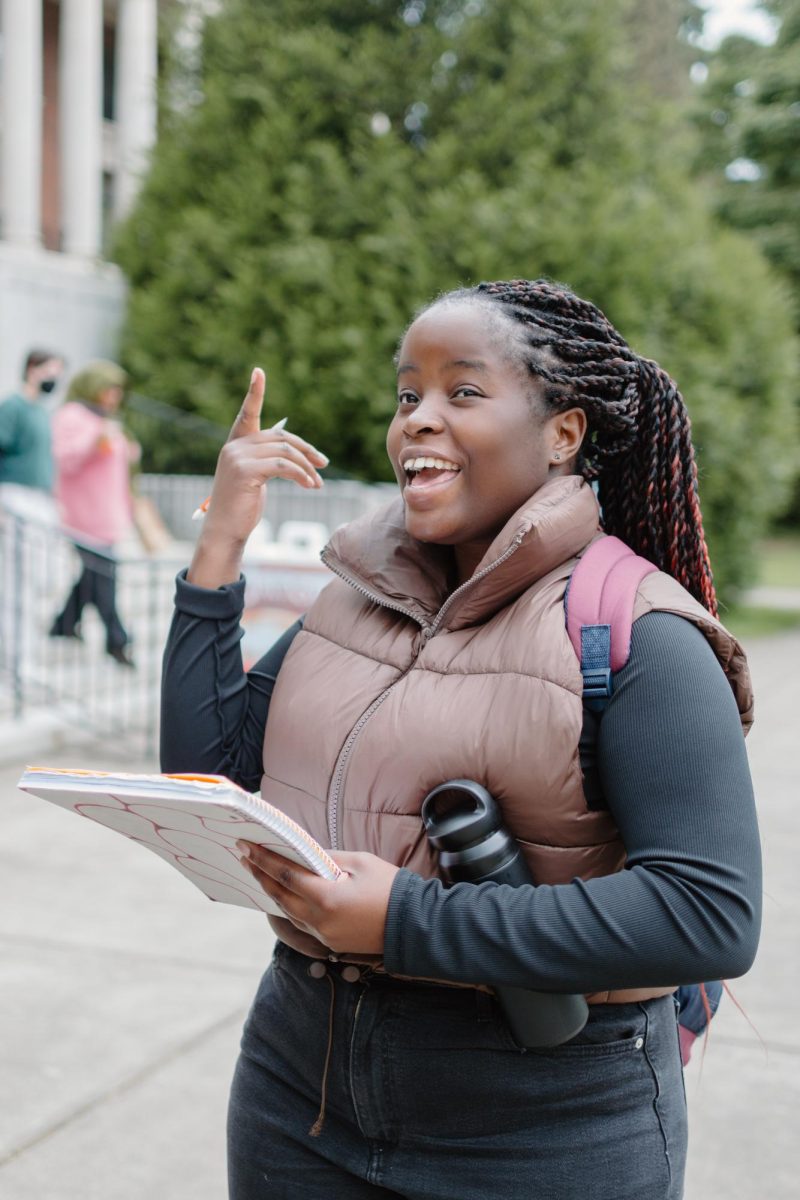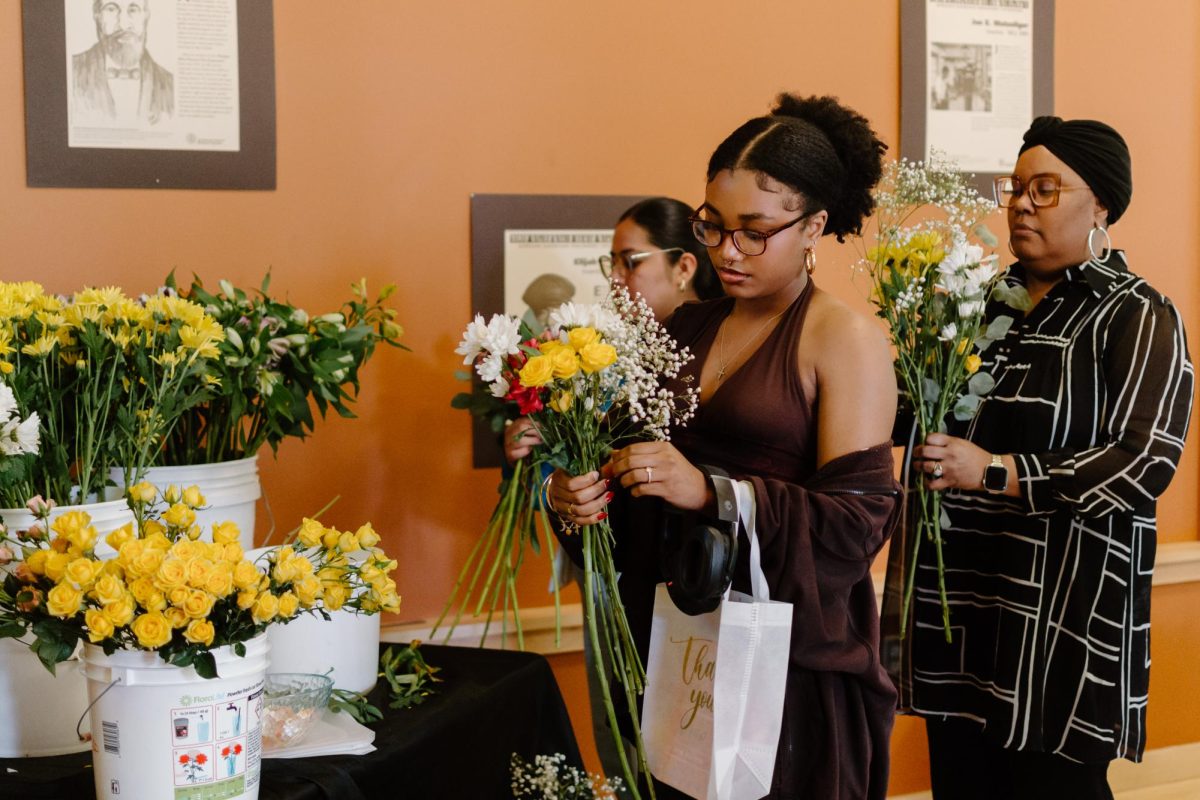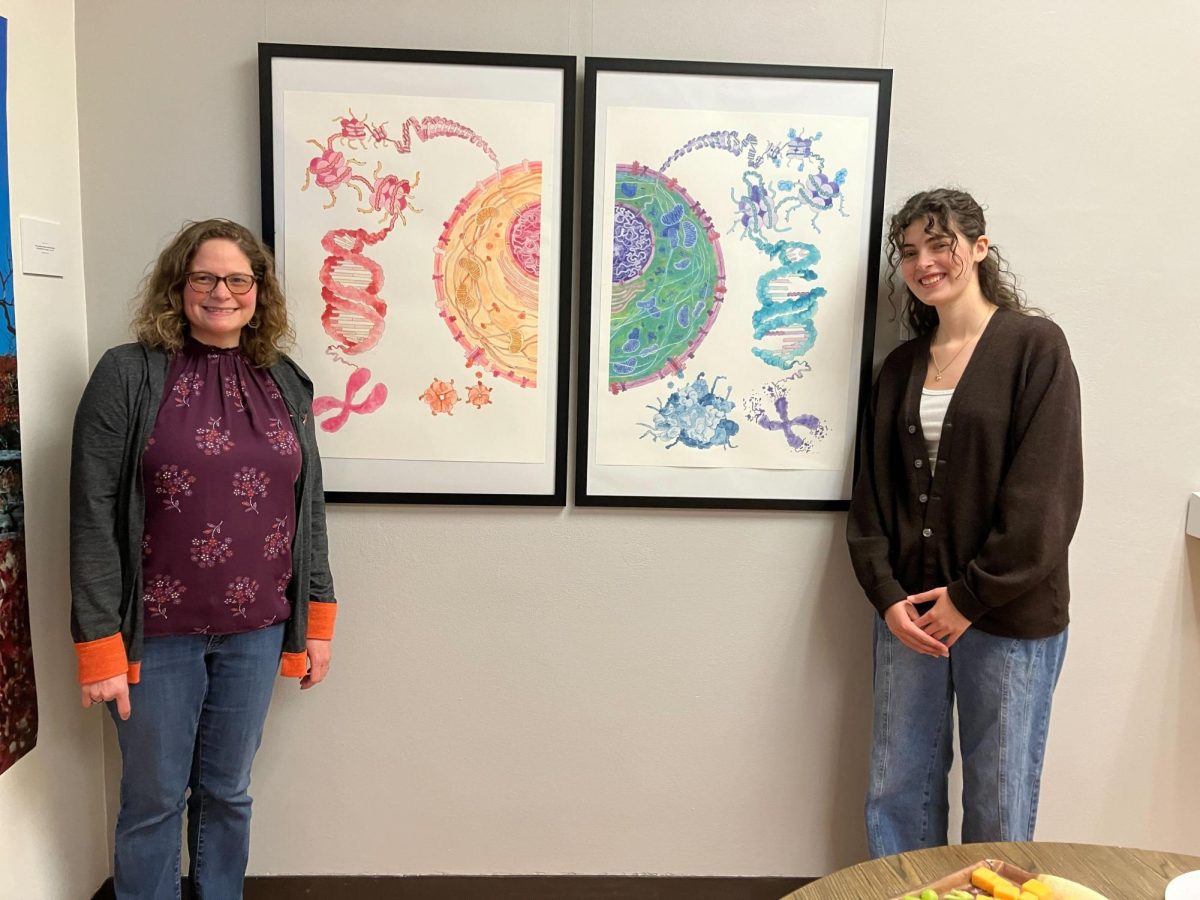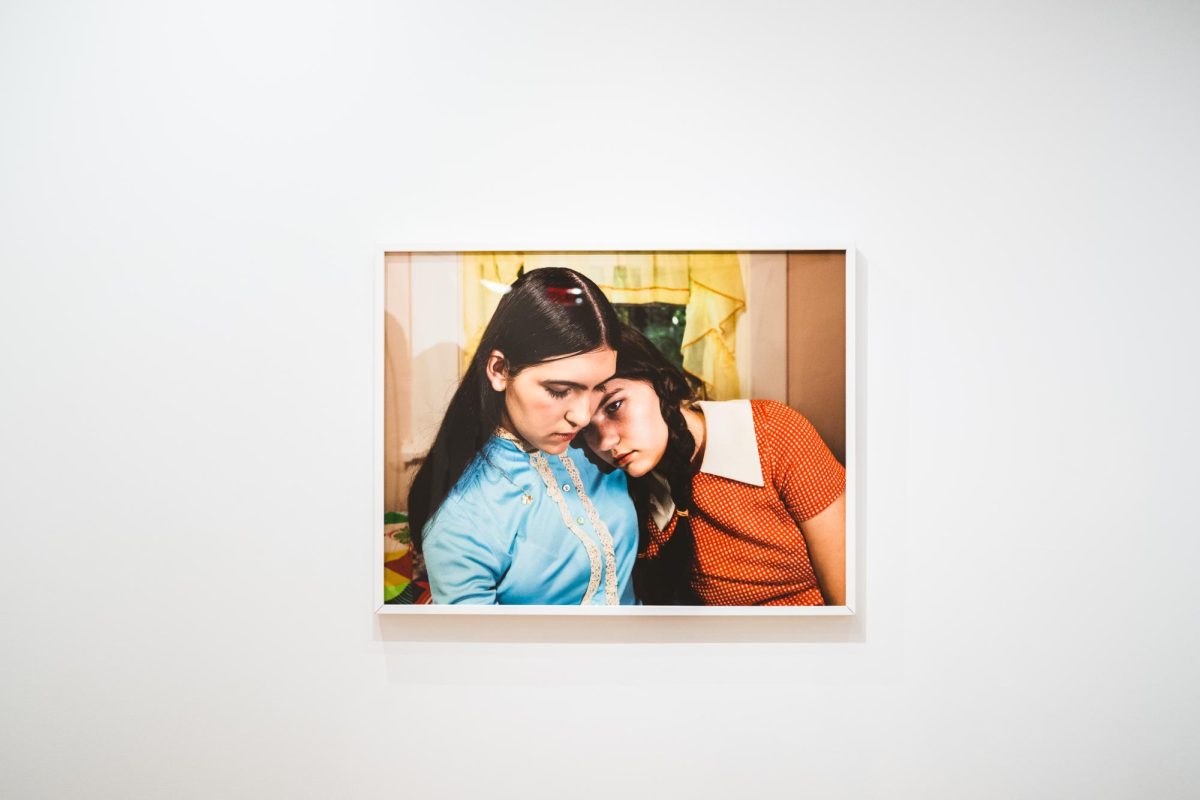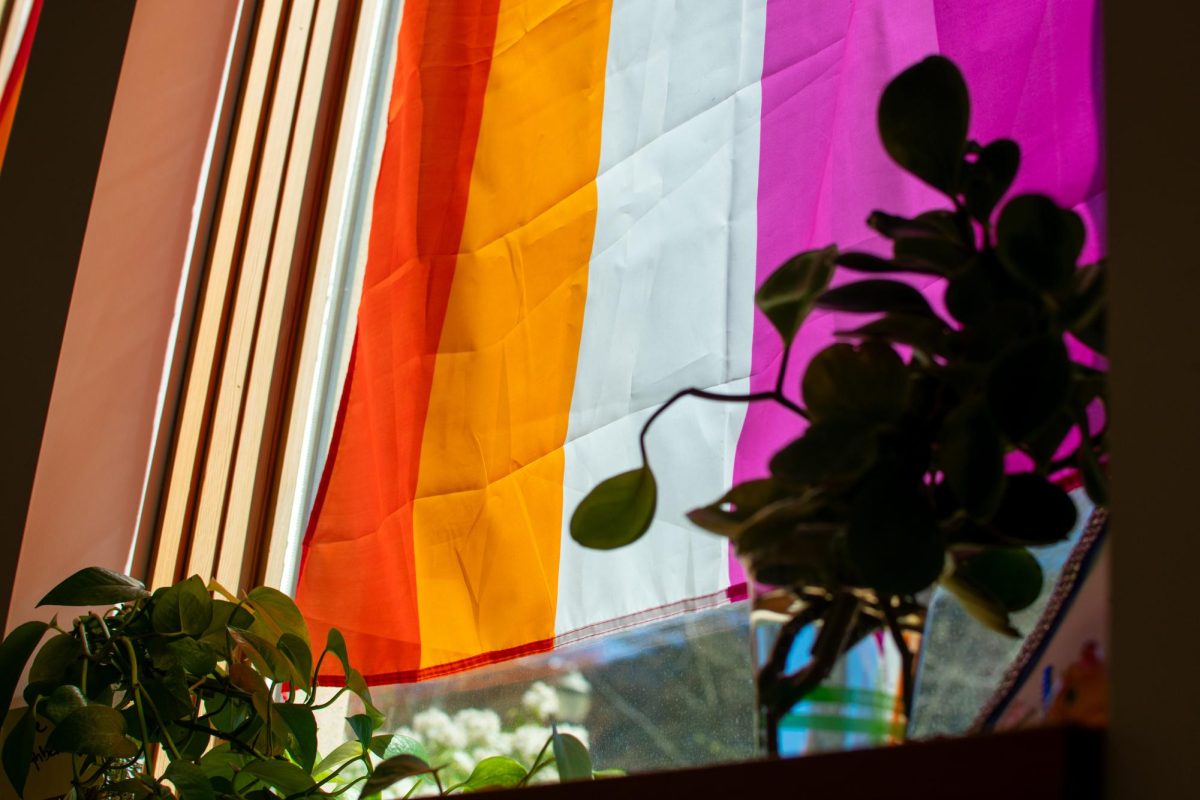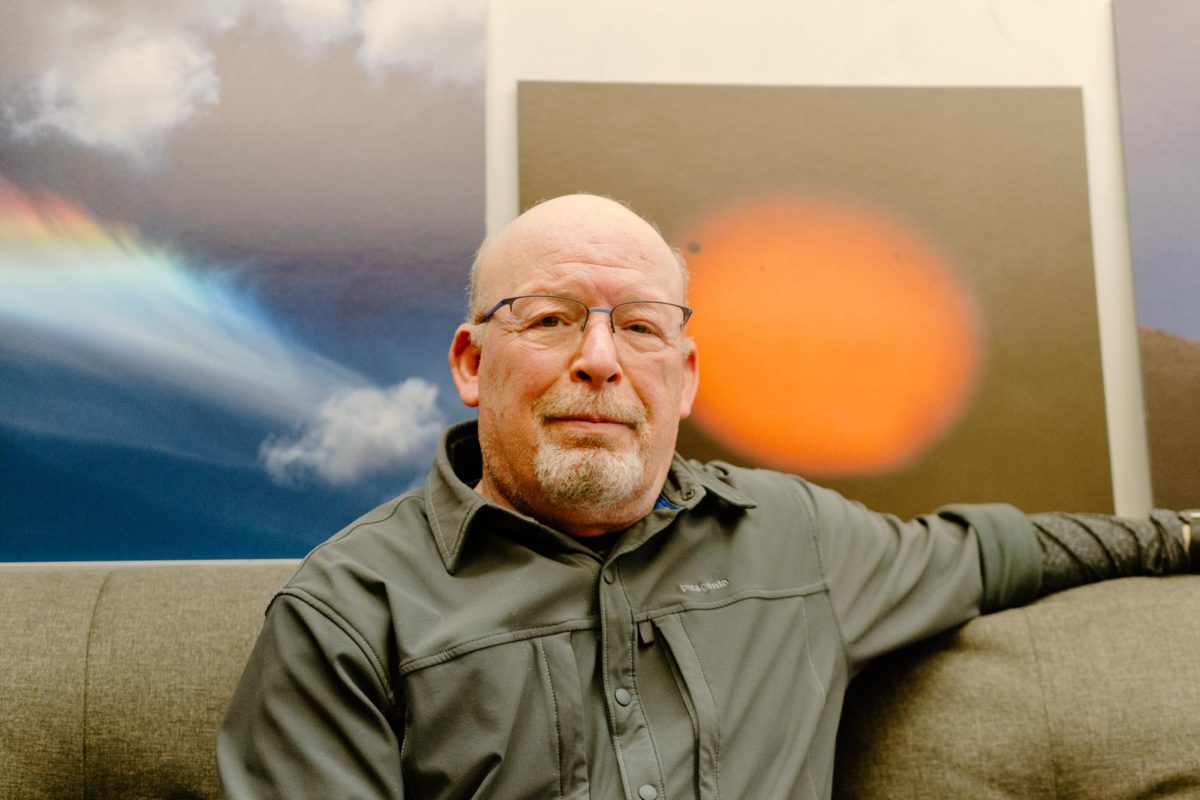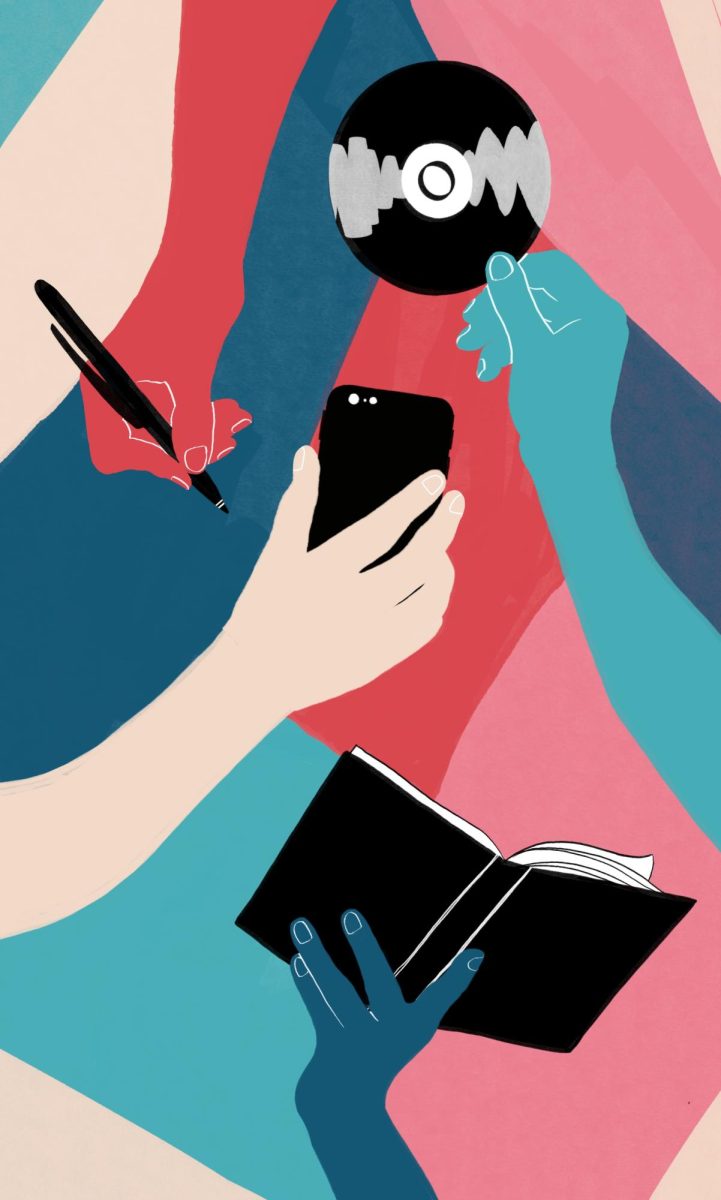Cowboy boots were the staple of Coachella, Lana Dey Rey has confirmed a country-themed album, Dasha’s “Austin” has topped TikTok trends and Willie Nelson appeared in the top album of the year so far; Beyonce’s Cowboy Carter.
The face under the brim of the cowboy hat is no longer a cigarillo-smoking Eastwood, but a rhinestone-studded Beyonce.
On her white horse, Beyonce’s immediate success in the country music scene seems to have called attention to the changing of the guard in the Western hegemony. While pop music has made the boot-scoot towards country, it’s going in the least traditional (or most traditional) way.
“What you’re seeing today are two major forms of music leading the charge in terms of creativity and popularity,” said Bob Santelli, an instructor at Oregon State University and executive director of the GRAMMY Museum in Los Angeles from 2008 to 2016. “One is country music and one is hip-hop-slash-R&B.”
“Cowboy Carter”, Beyonce’s newest album, has topped the Country billboard chart and the Americana/Folk billboard chart, as well as Spotify’s “Today’s Top Hits” in the Pop category. On TikTok, there are 1.1 million videos made using a soundbite from “TEXAS HOLD ‘EM”, a single on the album, as of April 4.
TeenVogue wrote an overview of the contention the album has faced so far. Particularly over whether or not the album really is country. The discussion has gained enough traction that Beyonce addressed it in her speech at the iHeartRadio Music Awards.
“So, to all the record labels, every radio station, every awards show, my hope is that we’re more open to the joy and liberation that comes from enjoying art with no preconceived notions,” said Beyonce during her speech at the awards.
Country music is less of a branching tree and more of a braided stream, while specific genres and sounds can grow apart, they can also re-merge and come together to revive a genre with a different flavor.
Since its inception, however, the mainstream country has been composed of a fairly homogeneous group of people; white, cisgender and straight. While this varies from place to place and niche to niche, usually when we think of country music, we think of the classic truck-having, flag-waving, god-loving, horse-ridin’ singers.
Underneath the surface, the country music machine has had more Black artists manning it than it lets on.
“Black artists would make the music, hip whites would appropriate it, say ‘Wow, I really liked this stuff. This is great,’ and then mainstream music would appropriate it and it would become popular music,” Santelli said. “Once that happened, Black creatives would go somewhere else and the process would start all over again.”
Hip-Hop and Jazz are some of the most infamous examples of this. According to Santelli, Hip-Hop was created in the early ‘70s.
“Whites don’t get even interested until Aerosmith and Fat Boys do the exhibit; do the video ‘Walk This Way.’ Now of course everyone listens to hip hop,”Santelli said.
With this in mind, “Cowboy Carter” seems to fulfill its mission of not only innovating the pop and country scene, but reclaiming its roots in Black history.
“Beyonce is not creating or doing something entirely different in the Black world of music, but went into the white world,” Santelli said. “Wow. And did a great job with it.”
The only other notable time this has happened in the world of music history was when Ray Charles, one of the most influential Black artists of the 20th century, released the album “Modern Sounds in Country and Western Music” in 1962.
“It was shocking, absolutely shocking that he went into white country,” said Santelli. “There were a lot of white supremacist and whites that did not like the fact that he did that.”
But Beyonce isn’t the only artist conquering the West through innovation and reclamation. Orville Peck, the masked, queer country singer came out with a cover of icon Willie Nelson’s “Cowboys are Frequently, Secretly Fond of Each Other” on April 5.
Willie Nelson was a member of the “Outlaw” music scene; a group of white, cisgender, straight men – but with a twist. Finding the Nashville country music scene (which had existed since the 1920s) too stifling, Nelson and the other Outlaws moved to the more young and progressive Austin, Texas. Here they produced ballads and more rock-inspired hits that defied the country of the ‘60s. With their long-haired, oftentimes hippyish clothing, they sang about drug overdoses, jail time and their lonesome, ramblin’ lives.
“For us, ‘outlaw’ meant standing up for your rights, your own way of doing things,” said Waylon Jennings, another Outlaw and contemporary of Nelson in his autobiography.
It seems fitting, then, that Nelson would duet with Peck in his cover of the single, country music has not been the traditional landing ground for music with queer themes. It’s an Outlaw move.
Nelson also appears multiple times on “Cowboy Carter” with Beyonce. “It’s an Outlaw album,” Santelli said.
The West will always take up space in the American psyche. Seventy years ago, it was John Wayne and the chivalrous cowboys of a good vs. bad western arena. Fifty years ago, Clint Eastwood’s antiheros strolled into a grittier visage of the West.
Now? Beyonce seems to have thundered in on her white horse.




